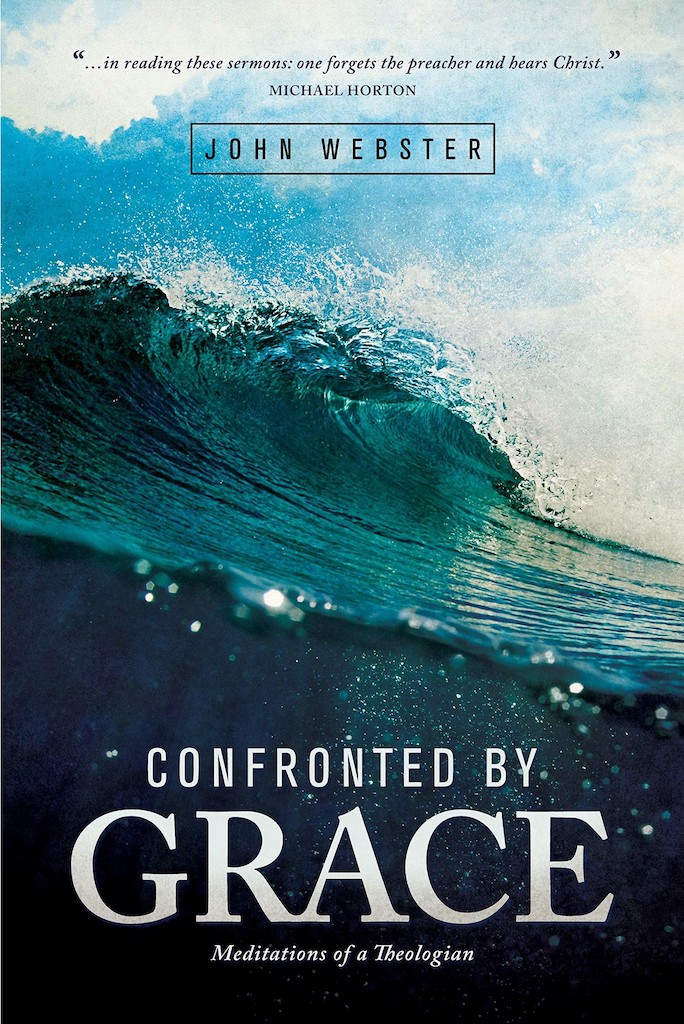Assumed audience: Theologically-orthodox Christians, or folks interested in things that theologically-orthodox Christians think.

As I have slowly read this volume of sermons over the past few years, it has been a continual source of encouragement to me. It is both accessible and bracing: grounded deeply in God’s word, clear, full of worship and awe at the living God and therefore—as with the Scriptures it explicates—both encouraging and uncomfortable. You should read it!
This short collection of sermons was one of the last of John Webster’s books published before his untimely death in 2016. It collects 26 sermons preached between 1997 and 2005. The sermons are, as I put it to a friend a few years ago, exactly what you would expect them to be given they were delivered in contexts like chapel sermons Oxford’s Christ Chapel. That is: they are self-contained, relatively brief, across a wide array of texts, and not expressly grounded in the life of any specific church community. That would be a weakness for preaching in a church, but it actually serves as a strength here: each of the sermons ends up pitched at an audience that could just as well be you or me.
I have often wanted to share excerpts from it, and I have found excerpts I could pull out… but even where I did, I just wanted to share the whole sermon every time. This past week, for example, I read the 23rd sermon, “Waiting Patiently”, on James
When I picked the volume up in 2020, I had no expectation of it other than a general interest as part of my slow walk through all of Webster’s published work. The acquisition proved providential, though. That year was harder for me than the baseline — and very considerable — difficulty of the pandemic. Indeed, I found my faith tested in ways I have not before or since. I can say with confidence that I held fast because I was held fast by God; I can also say with confidence that this collection of sermons was one of the means by which I was held fast and enabled to hold fast.
Webster was the kind of preacher who could not say enough about the wonder and goodness of God himself. Every sermon is what “gospel-centered” sermons are usually trying to be; but Webster understood better than most what it means that God himself is the gospel, the good news: because our salvation is being restored to relationship with God, with goodness Himself. The proclamation of good news in these sermons is thus the proclamation not only of historical events and their import for us (though never less than that, either) but of the one who in those events acted and acts for us — to make us as we are meant to be, by making us his own, despite our wanderings and rebellion.
I cannot commend this volume more highly.